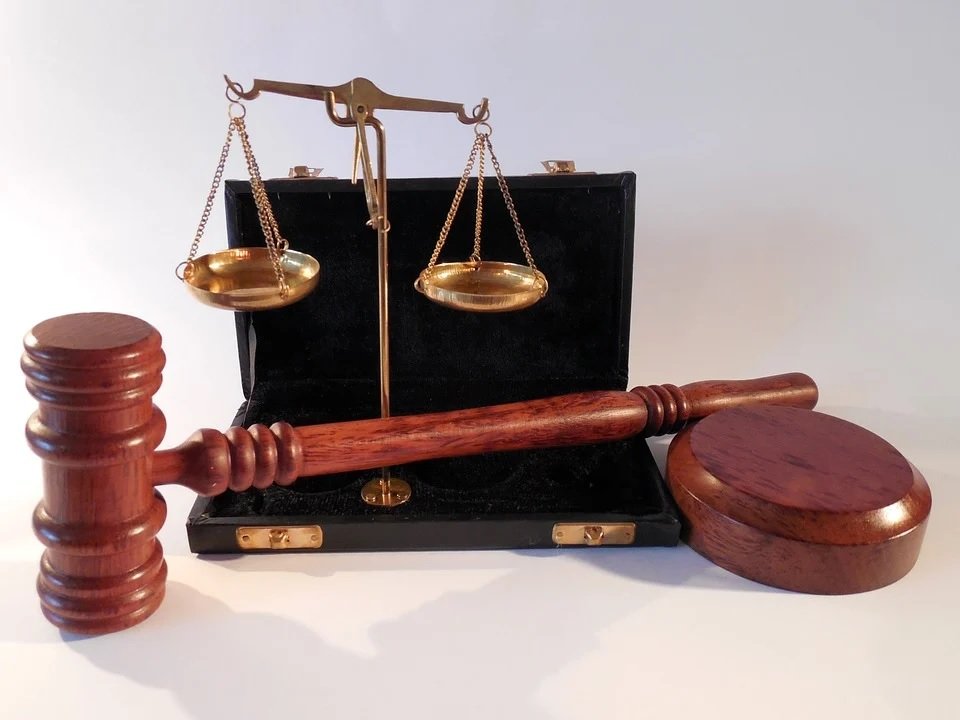14.06.2021
“Fair rent does not mean reasonable rent, but is market rent less statutory exceptions”
The court’s determination of fair rent for homes and shops located in a rent control area is governed by section 8 of the Rent Control Act. This article provides that a tenant cannot by law be assigned a rent increase, except as provided by law.
A legal tenant or landlord may apply to the court for a rent assessment if he or she believes that the amount due is unfair. However, there is a proviso that no application can be made to the court until two years have passed from the date the tenant took possession of the premises or from the date the rent was last changed. The law also provides for written negotiations between the tenant and the landlord about any other increase in rent. This is possible provided that the increase is not higher than the rate specified in the law and that the increase is not applied before the aforementioned expiration of two years. The law in Article 8(4)(a) provides that the maximum increase factor cannot be higher than that which is determined every two years by a regulation of the Council of Ministers following the recommendation of the Minister of Justice and Public Order. Initially, the ratio was 14%, gradually decreased to 8% and then to 0% over the period 22.4.2013-21.4.2023.
However, there is a clause in the law that is not affected by this reduction.It provides that a fair rent can be determined based on 90% of the average rent in the immediate vicinity of the premises in question. Therefore, if the rent payable is less than 90%, it can be increased and determined on that basis. But this is unacceptable if the tenant is a refugee or victim, in which case the rate cannot be higher than 80%.
To determine a fair rent, an appraiser or court-appointed appraiser must make an appraisal taking into account the market rent and the average rent in the area. It is also necessary to take into account all circumstances, such as age, nature, size, location, condition of the premises where the building is located, whether the landlord performed any work, services provided, and so on.
The legal assessment for determining fair rent was made by the Rent Control Court in a decision rendered on 20 January. Based on the tenant’s application for a rent reduction, a decision was made on the evaluation procedure. This process involves an inspection either by the Court on its own initiative, or at the request of a party to the dispute, through Land Registry officials/appraisers. The appointment of appraisers is approved by the Supreme Court, provided they are qualified. The appraisers, following the instructions of the court, conduct an inspection and prepare a written assessment, which will be presented at the meeting. Copies are issued to the parties to the litigation. In exceptional cases, the court may order the preparation of further assessments.Having given the parties the right to be heard and taking into account the circumstances of the particular case, the court determines the fair rent from the date of filing the application in question.
The Court added that in fair rent revaluation cases, the important key actors are appraisers whose evidence helps the court reach its conclusions. The testimony of the litigants is of secondary importance, since their subjective perception of a fair rent is of little importance.
In the particular case, the Court held that the premises in question did not fall within the meaning of the term “real property” as defined in Fizenzides’ powers, and therefore not covered by the Rent Control Law. The Court did not have jurisdiction to hear the case and therefore dismissed the application, which was also held to be premature because it had not been filed more than two years after the last rent increase.
















